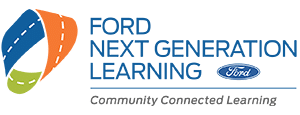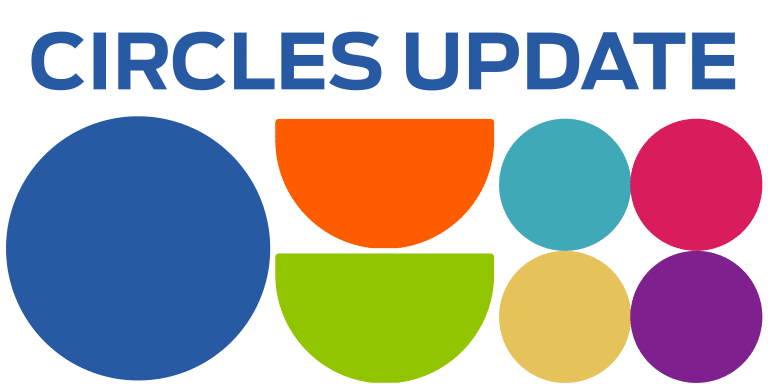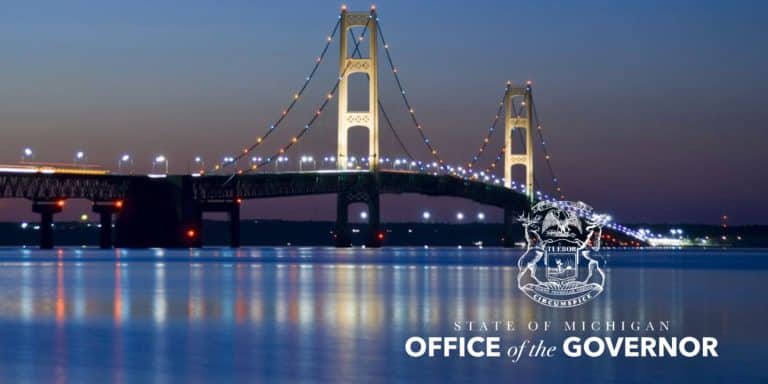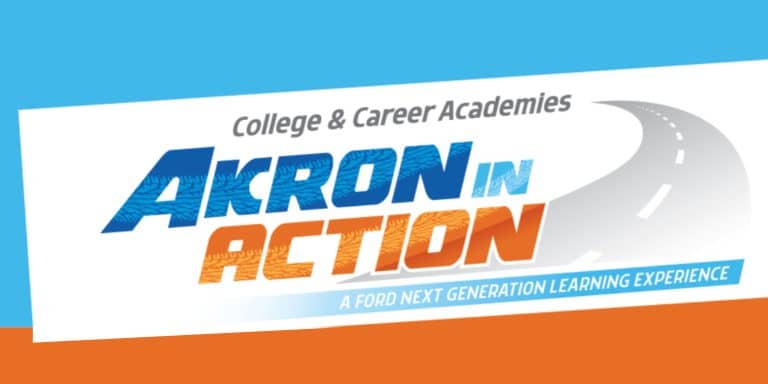As Ford Next Generation Learning coaches, we’ve been transforming US high schools for years. Helping create community-driven, career-led academies is our professional passion. We never really considered taking our work beyond the States until we met Edge. After visiting The Academies of Nashville, Edge asked us to come across the pond and coach schools in North East England as part of their education pilot, Edge Future Learning. To us, this felt like a chance to change the world!
Our first trip to the UK was like Cinderella going to the ball. We knew about institutions like the Houses of Parliament but now we got to see their inner workings. This wasn’t always easy. While we share a common language, so many words, titles, and structures in the English system are different from ours. Navigating this made our task a bit different from usual.

From the word go, Edge and the North East LEP (the convening organization in the North East) were right in the weeds with us, helping demystify the English system. So much of our work involves challenging the status quo, so it was important for us to get to grips with that before we could hope to facilitate change.
In the US, we’re used to diversity — all our communities are unique. But the difference even between the first three schools we met in North East England was eye-opening. Each shared their unique culture in different ways. At Churchill Community College, for example, this meant afternoon tea. There were probably six of us in the room on that first day and enough food for an army! But it was done properly and we were taught how the tradition had come about. We received warm welcomes everywhere.
As we got to work on our visioning days, the first thing we noticed was the similarity of the challenges facing US and English schools.
Graduates in both countries often leave school without knowing what they want to do. This was surprising but comforting. All Ford NGL schools share some recognizable traits. And while no two are exactly alike, you’d certainly recognize that you’re in one. Despite some big cultural differences between the US and England, then, this gave us faith — our transformation roadmap could work here, too.
England presented us with some interesting challenges, though.
A big one was the approach to standardized testing. In the US, we consider our testing framework pretty rigid and prohibitive. But English examinations and inspections are even more restrictive. Rather than allowing teachers and schools to take risks, there’s this huge focus on scores and ratings. This came as a real surprise. And we’re audaciously coming in to ask: “How do you relate classroom learning to the real world?” Managing this was definitely interesting!
We quickly learned that some schools couldn’t change as much as they would like.
Secondary schools are especially limited by the system. University technical colleges (UTCs) are more like US high schools and can do things others can’t. Further Education colleges were a new concept for us but they understood our process because they were already familiar with work-based learning.
This variability made managing expectations a key part of our work. Several schools from the North East visited had Nashville, thinking: “Great, we want that!” But Nashville is fifteen years in, and always evolving. Transformation comes in increments. Our job, then, was to identify which recommendations could work where. We would never try to transplant Nashville into Newcastle. You can’t do that. But we can take pieces and shift them around until something fits.

The most interesting part of this process has been to see the relationship between us, Edge, and the North East LEP evolve.
Initially, we were all hands-on but we’ve now developed more nuanced roles. We coaches became the boots on the ground, showing what transformation can look like. The North East LEP has a better grasp of our roadmap and can now pick up some of the heavy lifting. Meanwhile, Edge can focus on the bigger picture, using the transformations we’ve helped facilitate to support the case for change and spread the approach to other areas. It’s been great to see this constellation emerge from a process that none of us could have predicted going in.
Many organizations work in one space but Edge has an unwavering desire to see change and they put all of their efforts behind that vision. While they’re influencing policy, they care just as much about individual experiences at the grassroots. That’s been so refreshing for us and we’ve made professional friends for life in England. As Edge expands its work beyond North East England, we know they’ll continue to be courageous in pushing back against the system. They’re movers and shakers for sure!
Scott Palmer and Starr Hermann are coaches at Ford Next Generation Learning.








